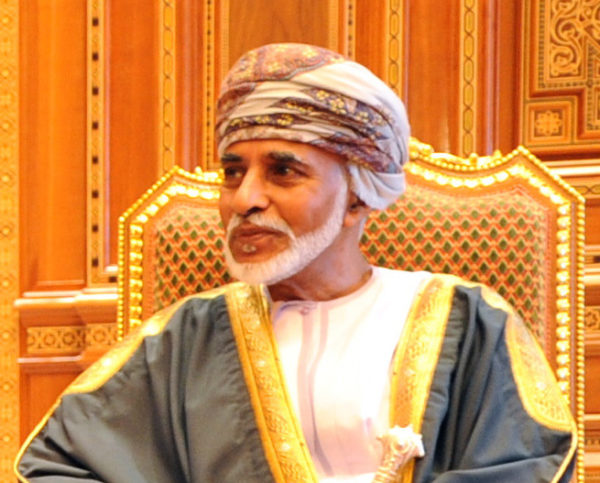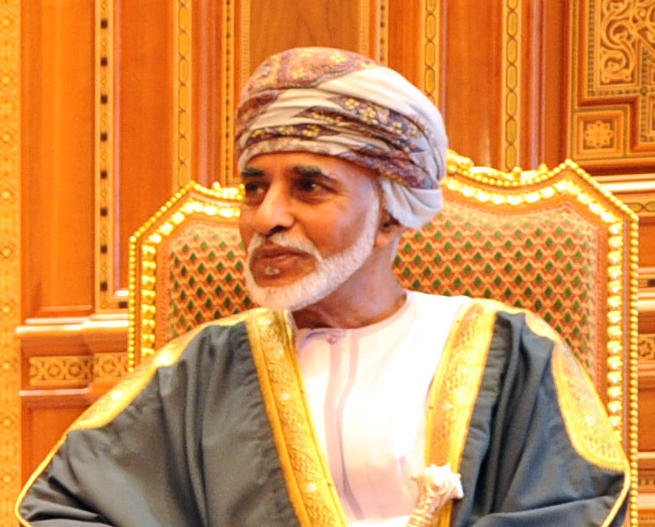
Sultan Qaboos bin Said Al Said of Oman has died aged 79.
He was the Arab world’s longest-serving ruler.
Qaboos deposed his father in a bloodless coup with British support in 1970 and set Oman on a path to development, using its oil wealth.
Widely regarded as popular, Sultan Qaboos was also an absolute monarch and any dissenting voices were silenced.
No cause of death has been confirmed.
Sultan Qaboos’ cousin, Haitham bin Tariq Al Said, has been sworn in as his successor.
A family council had three days to choose a successor as the sultan had no heir or publicly designated successor. Instead they opted for opening the sealed envelope in which Sultan Qaboos had secretly left his own choice.
The sultan is the paramount decision-maker in Oman. He also holds the positions of prime minister, supreme commander of the armed forces, minister of defense, minister of finance and minister of foreign affairs.
Mike Pompeo Blames Iran for Attacks on Gulf of Oman Tankers
Last month, Sultan Qaboos spent a week in Belgium for medical treatment, and there were reports he was suffering from cancer. Images showed a crowd of men gathered outside the Sultan Qaboos Grand Mosque in the capital, Muscat, where the coffin had been placed before he was buried in a family cemetery.
In a TV speech after being sworn in, Sultan Haitham – a former culture and heritage minister who studied at Oxford – pledged to continue his predecessor’s policies of friendly relations with all nations while further developing Oman.
For almost five decades, Sultan Qaboos completely dominated the political life of Oman, which is home to 4.6 million people, of whom about 43% are expatriates.
At the age of 29 Qaboos overthrew his father, Said bin Taimur, a reclusive and ultra-conservative ruler who banned a range of things, including listening to the radio or wearing sunglasses, and decided who could get married, be educated or leave the country.
He immediately declared that he intended to establish a modern government and use oil money to develop a country where, at the time, there were only 6 miles of paved roads and three schools.
In the first few years of his rule, with the help of British Special Forces, Qaboos suppressed an insurgency in the southern province of Dhofar by tribesmen backed by the Marxist People’s Democratic Republic of Yemen.
Described as charismatic and visionary, Qaboos pursued a neutral path in foreign affairs and was able to facilitate secret talks between the US and Iran in 2013 that led to a landmark nuclear deal in 2015.
A degree of discontent surfaced in 2011 during the so-called Arab Spring. There was no major upheaval in Oman, but thousands of people took to the streets across the country to demand better wages, more jobs and an end to corruption.
Security forces initially tolerated the protests, but later used tear gas, rubber bullets and live ammunition to disperse them. Two people were killed and dozens of people were injured. Hundreds were prosecuted under laws criminalizing “illegal gatherings” and “insulting the sultan”.
The protests failed to produce anything in the way of major change. However, Sultan Qaboos did remove several long-serving ministers perceived as corrupt, widened the powers of the Consultative Council, and promised to create more public sector jobs.
On January 11, hundreds gathered to mourn the death of Sultan Qaboos.
